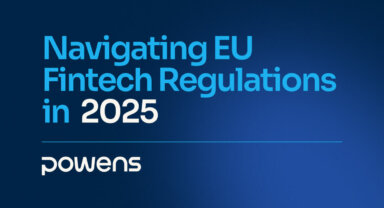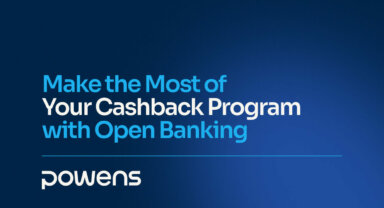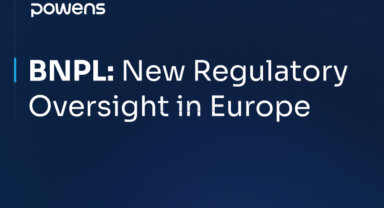What is Open Banking?
Open Banking is a concept that refers to the practice of sharing financial data with third-party providers through open application programming interfaces (APIs). It allows banks and other financial institutions to share data and services with other organizations and software applications in a secure and standardized way. This creates new opportunities for innovation and competition in the financial services industry.
Open Banking is driven by the idea that customers should have more control over their financial data and be able to share it with third-party providers if they choose to do so. By allowing third-party providers to access customer data, they can develop new and innovative financial products and services more tailored to individual needs and preferences. This includes personalized financial advice, budgeting tools, and more.
In addition to giving customers greater control over their data, Open Banking can also help increase transparency, competition, and security in the financial services industry. It allows for greater innovation and collaboration among financial institutions, fintech companies, and third-party providers. It also allows customers to easily manage their financial data across multiple applications and services from one central location.
5 problems Open Banking can solve
Open banking is, therefore, a concept that aims to allow users of financial services to share their banking data with third parties, such as fintech companies or other banks, to benefit from new services and features.
- 1. Facilitating financial inclusion: Open Banking can help individuals and businesses who traditional financial institutions currently underserve gain access to financial services. By allowing third-party providers to access customer data, Open Banking can facilitate the development of new and innovative financial products and services that are more affordable and accessible to a broader range of consumers.
- 2. Enhancing competition and innovation: Open Banking can create a more level playing field for financial services providers by allowing smaller players to compete with larger institutions. This increased competition can spur innovation and lead to the development of new and better products and services that better meet the needs of consumers.
- 3. Improving the customer experience: By providing third-party providers with access to customer data, Open Banking can enable the development of personalized and tailored financial products and services better suited to individual needs and preferences. This can lead to a better overall customer experience and increased satisfaction.
- 4. Increasing transparency and security: Open Banking can help increase transparency in the financial services industry by allowing customers to access and manage their financial data easily. At the same time, it can also improve security by giving customers greater control over their data and allowing them to monitor and manage access to their accounts.
- 5. Streamlining payments: Open Banking can simplify and streamline the payment process by allowing customers to initiate payments directly from their bank accounts through third-party applications. This can lead to faster and more convenient payments, increased security, and reduced risk of fraud.
Ready to harness the power of Open Banking for your business?
Schedule a demo with our team today!
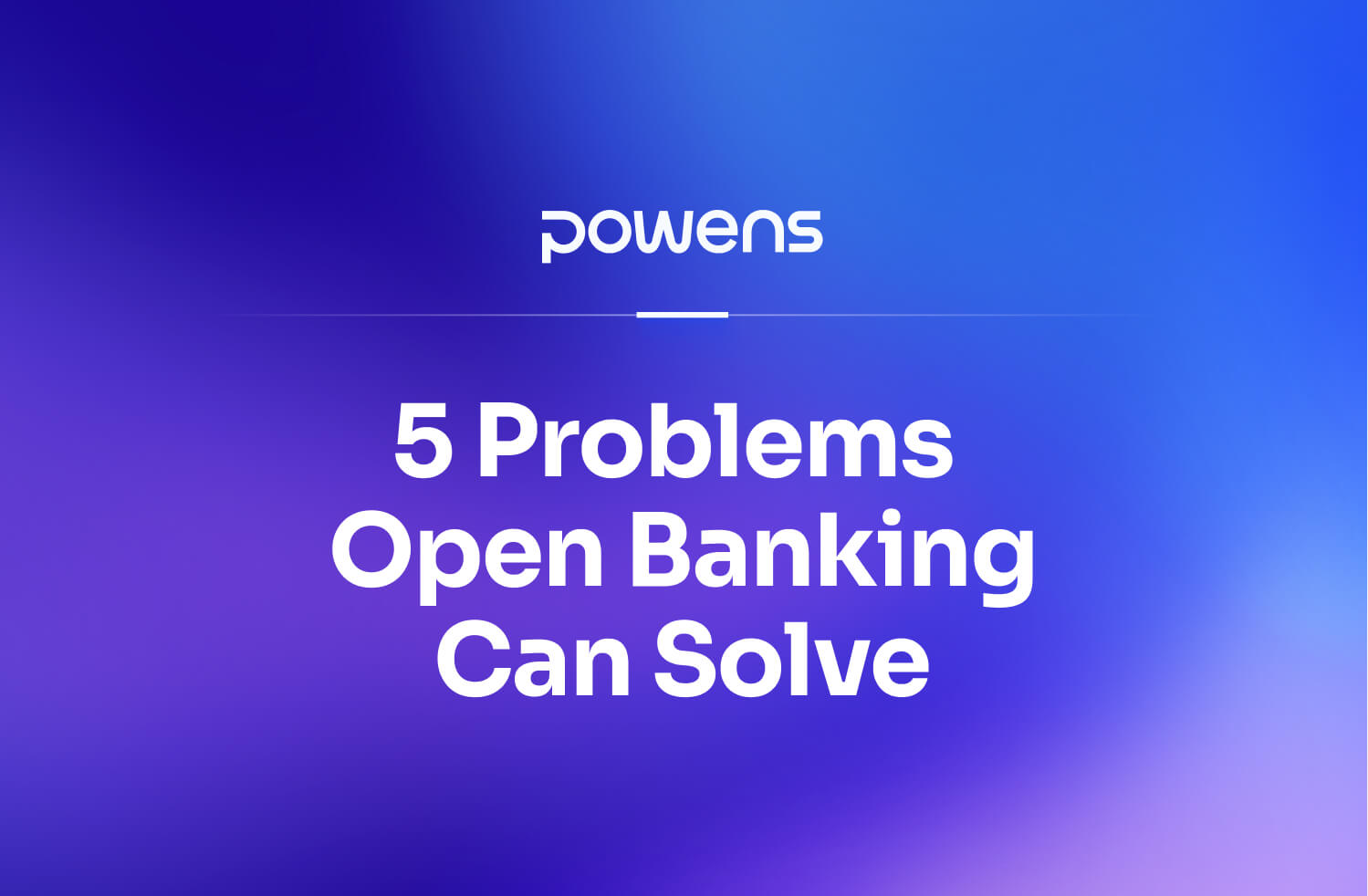
 Feb 27, 2023
Feb 27, 2023 



